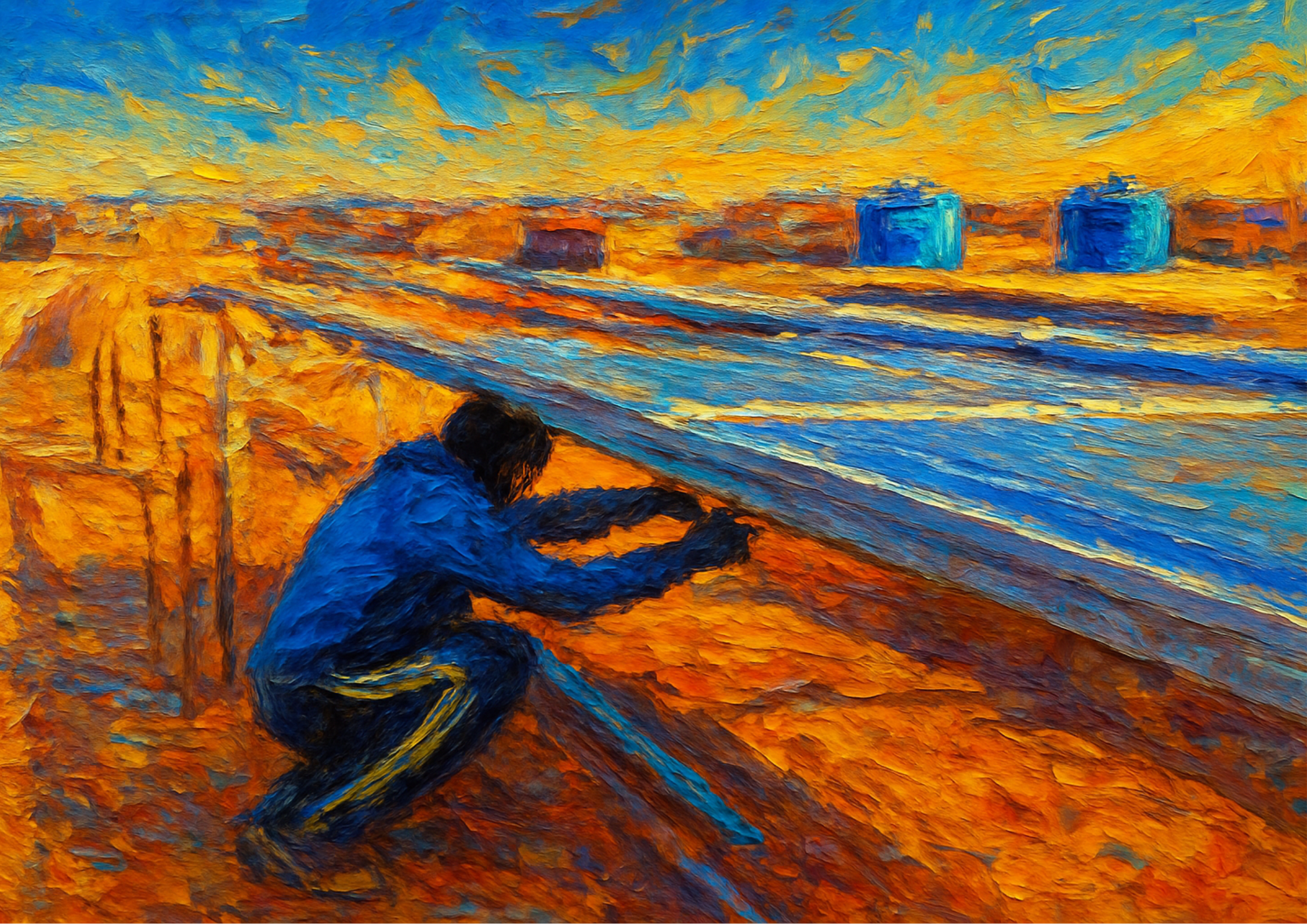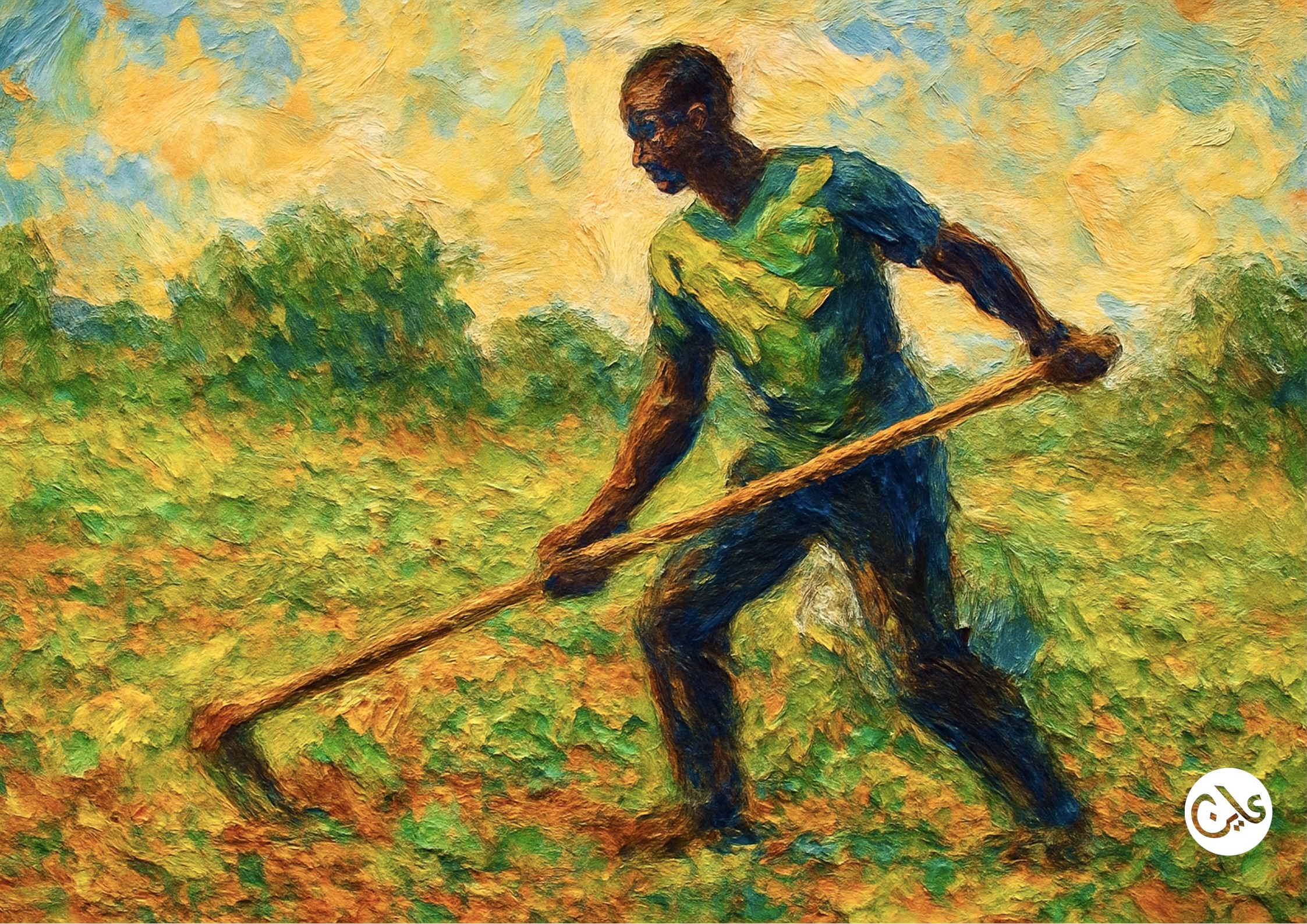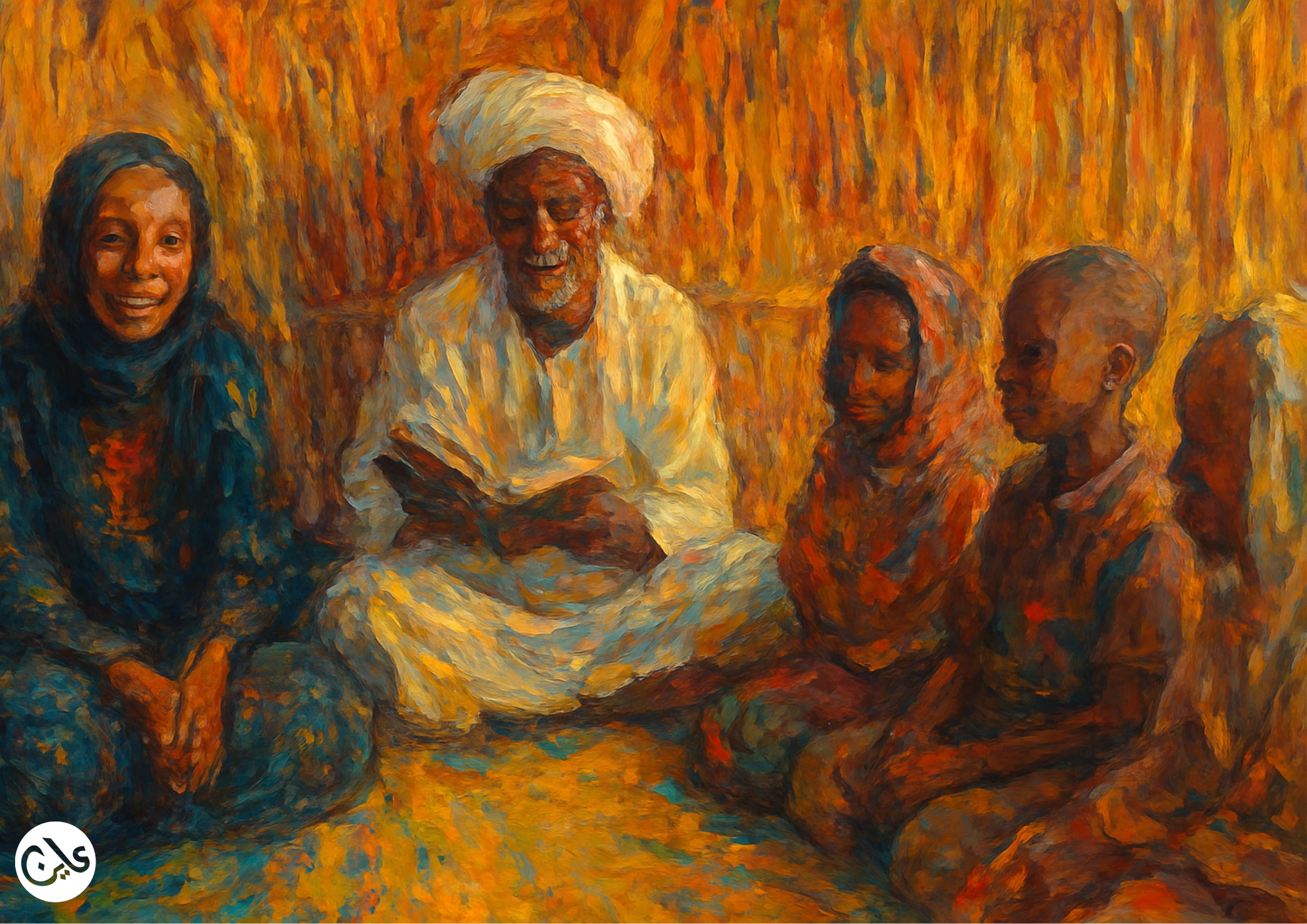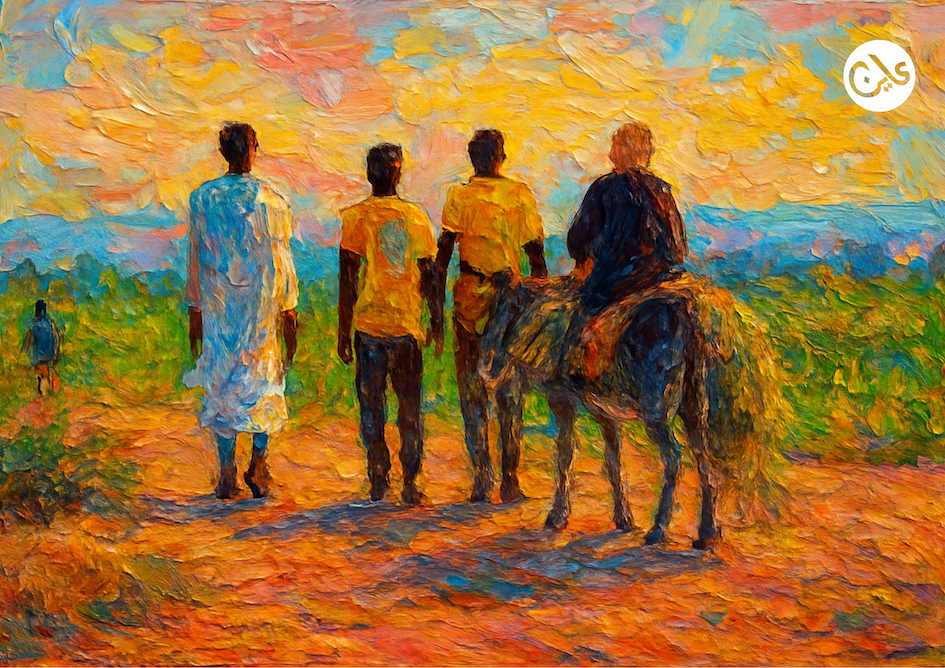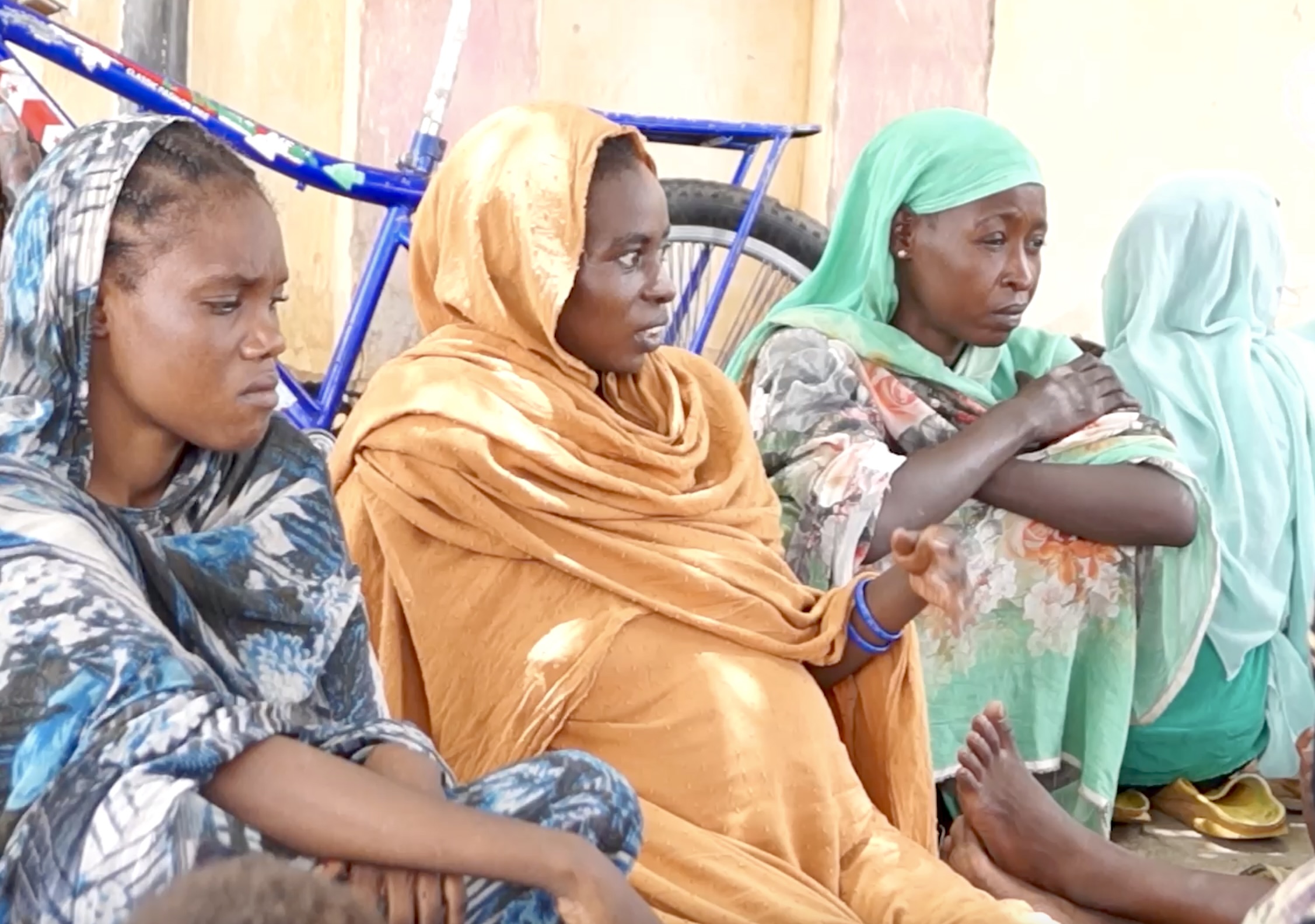Human trafficking: The latest RSF violation in the Sudanese war
20 November 2025
Under heavy fire, Adam Ahmed left El Fasher in North Darfur State, coinciding with the late October attack by the Rapid Support Forces (RSF) in which they seized the army base in the city. However, he did not manage to escape. RSF gunmen arrested him at one of the city’s exits, took him to an unknown location, and demanded a ransom of two million Sudanese pounds, approximately $700 USD, for his release.
At that time, Adam – a pseudonym for security purposes – did not have the money to buy a meal, let alone come up with $700 to purchase his freedom. He had been under severe siege inside El Fasher throughout the war, relying on community kitchens and animal feed (locally known as “ambaz”) for his survival.
For over a year, the RSF laid siege to the city in a bid to capture the last army-controlled base in the vast, western Darfur region. In late October, the city finally fell to the RSF, but at enormous cost to its residents, including Adam. The Sudan Doctors Network put the death toll from the RSF attack at 1,500 in the first few days after the city’s fall, but the true number could be far higher.
Like many citizens trapped in the fighting in El Fasher, Adam was exhausted, hungry, and felt utterly overwhelmed. Having endured months of shelling amidst scarce resources, he found himself kidnapped by RSF gunmen, Adam’s relatives told Ayin.
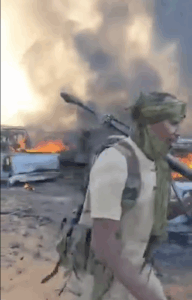
A member of Adam’s family shared a video with Ayin, where Adam appealed to his friends and acquaintances to help him pay the ransom demand and promised to repay the debt as soon as he was released. The video depicted Adam looking worn out and defeated, with bruises and wounds across his body. Eventually, the RSF released Adam after payment, his relatives said.
The case of Adam is, unfortunately, far from an exceptional occurrence. Instead, kidnapping civilians, including those displaced by the conflict, has become a new source of income for the RSF soldiers and allied militias.
One RSF commander, who spoke to Ayin on the condition of anonymity, revealed that most RSF soldiers do not receive a monthly salary and must “earn from the battlefield.” The RSF source stated that while profiting from the war’s spoils may have been effective in the early stages of the conflict, the ongoing rampant looting has left few individuals in the country with anything left to plunder. Many of those trapped in El Fasher, for instance, relied on relatives abroad to provide support through banking apps as a means of survival. The RSF and allied forces are now targeting this lifeline.
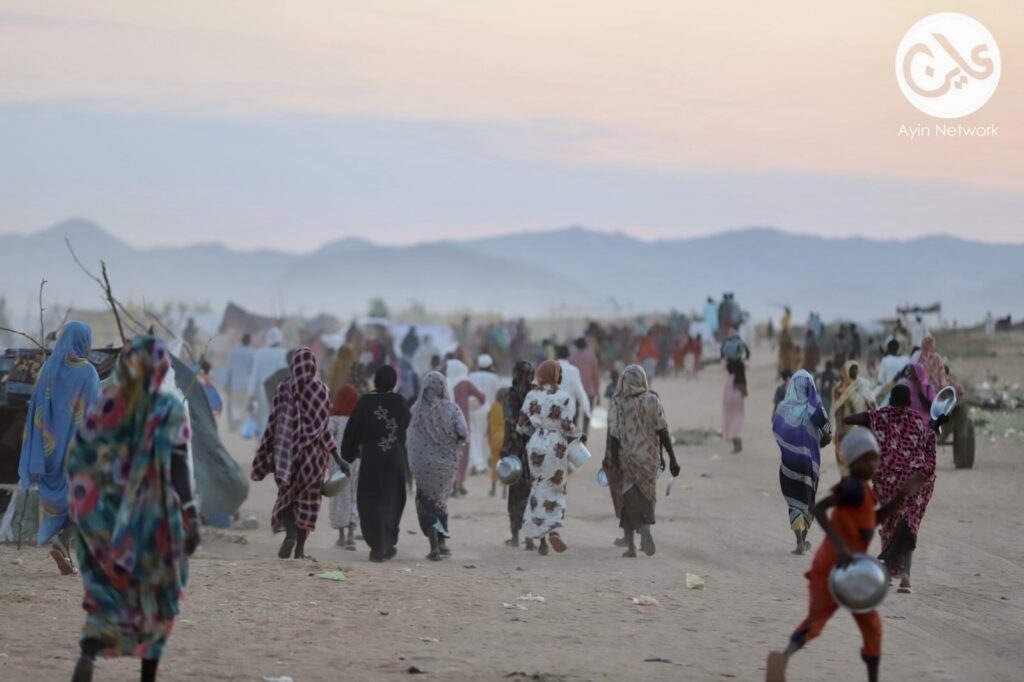
Tawila
Hassan* is a volunteer who supports the droves of recently conflict-displaced from El Fasher who made the perilous journey to the sprawling displacement settlement in Tawila, North Darfur State. The recent influx of displaced people entering Tawila may be over 750,000 people as of mid-November, according to UN estimates.
“Every morning we receive video clips on our phones of citizens who have been kidnapped by the Rapid Support Forces, appealing to good people and their acquaintances to pay the ransom to the gunmen so that they will be released,” Hassan said. “Those fleeing El Fasher have no money or savings, as they have run out of everything they had during the long siege; even their clothes are torn.”
According to testimonies collected by Ayin, RSF soldiers randomly detain those fleeing El Fasher, film them, and send the ransom demand videos to the friends and relatives, demanding payment within a certain number of hours. Distraught families have started collection drives, desperate to find ways to cover ransom costs sometimes as high as 4 million Sudanese pounds (around US$ 1,200).
Abdullah, a citizen from North Darfur State currently outside of the country, had to pay 6 million Sudanese pounds to ensure the release of several of his relatives who fled the fighting in El Fasher. “According to my observations, there are large numbers of citizens being held by Rapid Support Forces militants, waiting for huge sums of money to be paid for their release. Kidnapping citizens and demanding ransom has become a lucrative business for the Rapid Support Forces in El Fasher and its surroundings, which has increased the suffering of civilians fleeing the hell of war.”
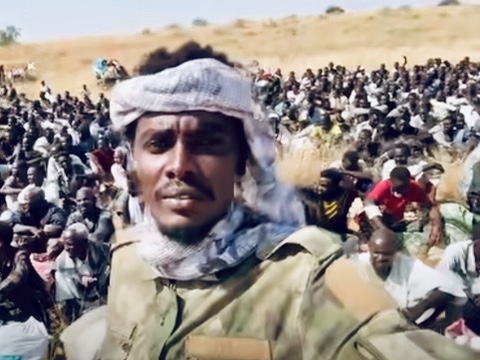
Mellit
A female medical volunteer who remained in El Fasher throughout the war recalled to Avaaz how she was subjected to strip searches, looting, and extortion by the Rapid Support Forces (RSF) while trying to reach Mellit, a town about 60 kilometres north of El Fasher. “We could only travel in RSF vehicles because they were everywhere; there were no other vehicles,” she explained.
“We were heading to Mellit, and we were so close that we could see the minarets of the mosques there, but the driver suddenly turned. He drove us into a forest on the side of the main road and stopped the car,” says the medical volunteer. Two Rapid Support Forces soldiers then set up a “Starlink” satellite and demanded that all passengers transfer money or be killed, she said.
“They told us to contact our relatives to pay the ransom, but we explained that our phones had been stolen and we hadn’t saved any numbers. They didn’t care.” The RSF started shooting in the air and separated the men from the women, threatening to kill the men. “In the end, they took us back to Mellit at night. They threatened us again, demanding payment. I managed to reach someone who paid me, and most of the others did the same.” Three men were unable to pay and were handcuffed and taken away in an RSF vehicle, she added. “I have no idea what happened to them.”
In some cases, the RSF do not guarantee the release of those kidnapped, even if a ransom payment is made. Ishaq Mohamed told Darfur 24 that his family had paid four million Sudanese pounds (US$ 1,200) to secure the release of his nephew. He explained that the abductors had promised to hand over his nephew to Kabkabiya, about 155 kilometres west of El Fasher, but no further contact was made after the money was transferred. “They took the money and disappeared. We do not know if he is alive or dead,” Ibrahim said.
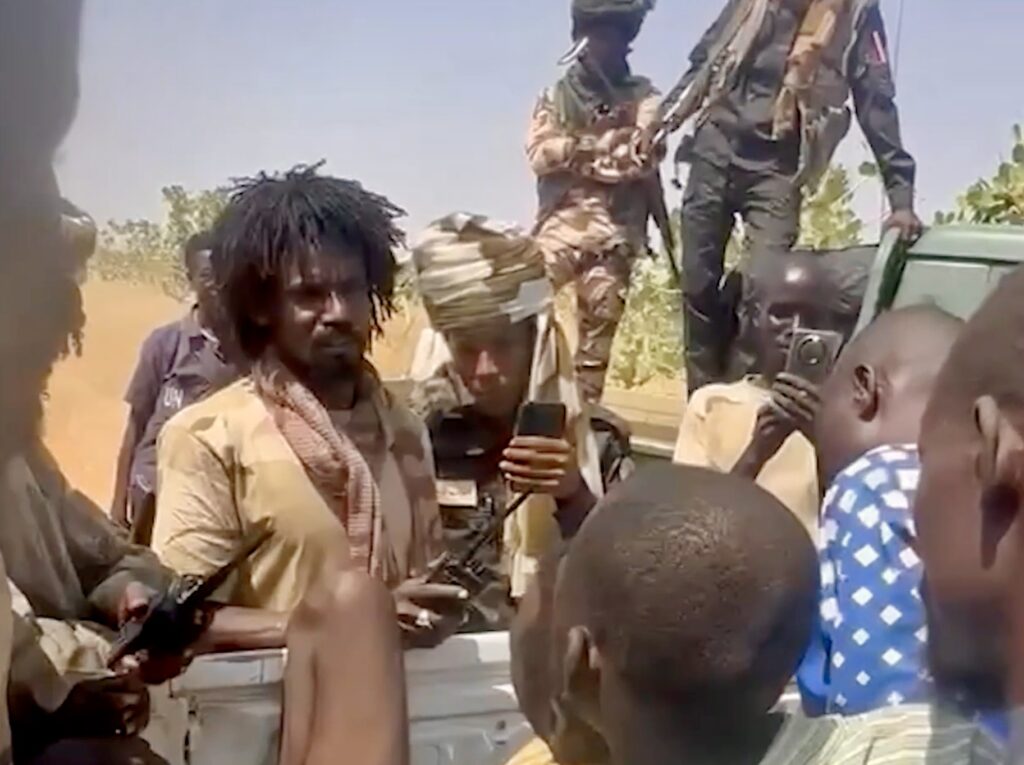
Kordofan
Similar to what is occurring in El Fasher, widespread kidnappings of civilians and demands for financial ransom have spread in the Kordofan region, especially in the states of North and West Kordofan, where the RSF control large swathes of territory. RSF looting sprees have decreased, local residents in West Kordofan State told Ayin, but kidnappings have increased. According to local sources, more than 12 people were kidnapped from the vicinity of Abu Zabad city in West Kordofan state during the past month.
Hassan Mohammed* can recount how the RSF kidnapped him in Abu Zabad earlier this year. A combat vehicle with several armed men wearing RSF military uniforms took him from his home. The armed men initially told him that they were going to take him to the police station because there was a criminal complaint against him. “But I knew without a doubt that they were going to kidnap me,” he told Ayin.
As soon as they left town, the gunmen put a hood on his face, and after travelling for more than two hours, they demanded he pay a sum of money if he wanted to return home. “I told them I had no money. They ordered me to open the “Bankak” banking app, but they found it empty of any funds.” They ordered him to contact his family to transfer six million Sudanese pounds (roughly US$ 1765) or they would kill him. But the war had impoverished Hassan and his family. Six million Sudanese pounds was far too much for them to afford, however much they feared for their son. “I remained with them for two days without food, and after difficult negotiations, my relatives were able to transfer 2 million pounds,” he said. “Then they left me on the city’s edge, and after a few hard days, I got back to my family.”
Often, armed groups with suspected links to the RSF capture shop owners and people who work in the weekly markets in the Kordofan region. In October, armed men kidnapped five young men from a village outside of Abu Zabad upon their return from a market carrying goods and food supplies. After six days, the young men were released, as reported by their relatives to Ayin. In the same area, a shop owner was kidnapped by gunmen and released a week later after a huge ransom exceeding 30 million pounds was paid, according to a close associate.
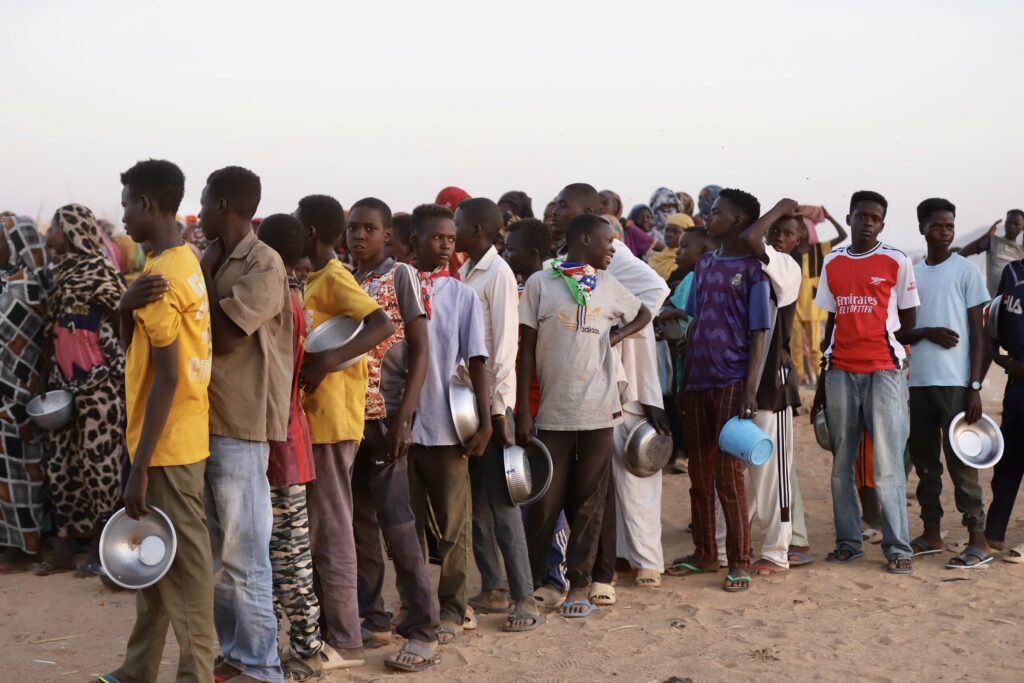
Lucrative
“The phenomenon of kidnapping civilians and demanding ransom is not new,” according to military expert Omar Arbab. “It was present in all the areas controlled by the Rapid Support Forces throughout the war, and it came in succession with the widespread looting operations. This behaviour cannot be changed in the near future, as the Rapid Support Forces have weak control over their members and cannot change this approach,” he said. Even if the RSF were paid, Arbab adds, the returns from ransom payments are “incomparable to any salary.”
While the RSF leadership are calling for citizens to return to their homes, their own forces ensure people remain afar, fearing for their security.
* Names changed to protect the sources’ identify





